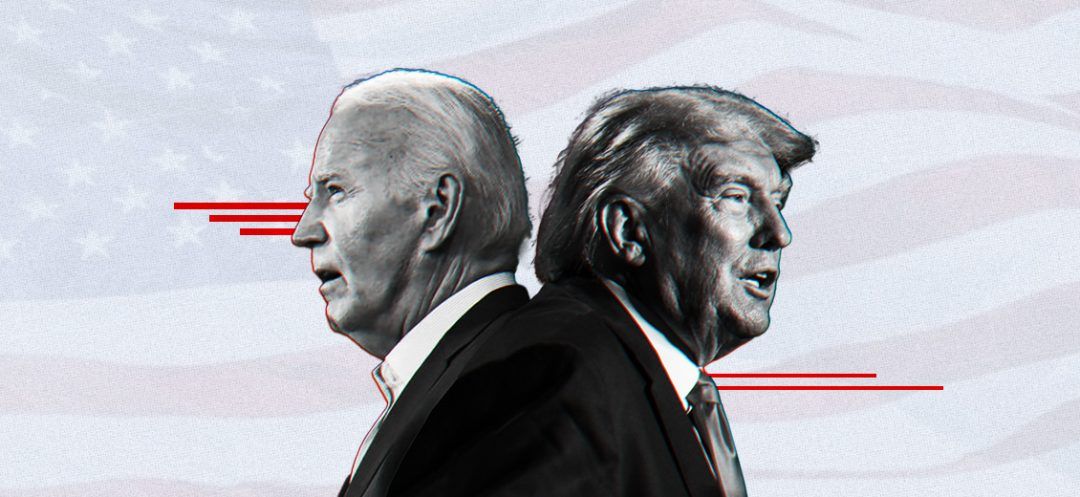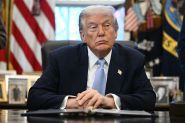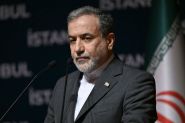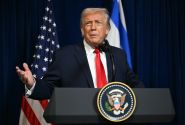- Home
- Middle East
- US Presidency: Is the Outcome Predetermined?

In the wake of the presidential debate between US President Joe Biden and his rival, former President Donald Trump, Biden's lackluster (if not catastrophic, as leading commentators and political analysts have described) performance has fueled expectations that Trump may achieve a decisive victory. Biden's frequent gaffes and almost daily slips of the tongue have raised serious questions about his cognitive and mental abilities.
Whether or not the Democratic Party decides to withdraw President Joe Biden's candidacy and replace him with another nominee, indicators of Trump's rising prospects have significantly increased, especially after the failed assassination attempt on him. Trump capitalized on the moment, instantly transforming his image of defiantly raising his fist into a “media icon.” In stark contrast, Biden is increasingly portrayed as weak, frequently stumbling and lacking the mental sharpness required for the most powerful office in the world, which demands around 18 hours of work daily—something Biden seems unable to sustain.
Even some of President Biden's staunchest supporters and closest allies have begun to withdraw their support for him. In the past week, there has been a notable stance from globally renowned actor George Clooney and others, including several US MPs and officials, openly calling for Biden's departure. Meanwhile, others have expressed reservations about the idea of “changing horses” in the final months before the upcoming November election.
Regardless of the outcome, fully analyzing the future paths of US foreign policy in the next presidential term is now complicated by potential changes in the Democratic Party's nomination. Meanwhile, the Republican Party's options appear decisive and strong, particularly with the formal endorsement of Trump's candidacy.
While both presidents compete to support Israel, a longstanding cornerstone of US foreign policy in the Middle East influenced directly and heavily by the powerful Jewish lobby in Washington—which has maintained significant sway over the years with minimal setbacks—, they may diverge on several critical dossiers. These include the “optimal” approach to the Iranian nuclear dossier. Biden has leaned towards negotiations after Trump imposed sanctions and efforts to freeze the Iranian regime’s funds, alongside direct assassinations targeting key leaders, notably General Qassem Suleimani, dealing a severe blow to Tehran and its regional role.
While Biden proudly suggests that Israel should have been invented if it didn’t exist, Trump was the only US president to fulfill his predecessors’ longstanding threats to relocate the US embassy to Jerusalem, officially recognizing it as Israel's capital. Again, and despite this common ground, there are numerous other points of disagreement between both candidates.
While Biden occasionally reiterates his support for a peaceful “two-state solution,” achieving peace remains challenging due to Israeli resistance and Palestinian division. In contrast, Trump largely ignored the legitimate rights of the Palestinian people and sought to circumvent the Palestinian cause through the landmark Abraham Accords, which fell short of achieving a comprehensive resolution.
One of those crucial points is the relationship with Russia in light of the Ukraine war, which Trump might resume if re-elected, driven by his adherence to “political realism.” This sharply contrasts with Biden's “hardline” support for Ukrainian President Volodymyr Zelensky and his refusal to “concede” disputed territories.
The relationship with China also poses a significant challenge. Despite the absence of confrontation between Washington and Beijing during Biden's administration, Trump is expected to demonstrate greater political and economic “flexibility,” influenced by his commercial and mercantilist background, which cannot be overlooked in any relationship with China, known for its significant trade competition with the United States.
It is clear that foreign policy choices will remain under scrutiny amidst the unprecedented challenges posed by the American presidential elections. However, this does not diminish the complexity of domestic dossiers spanning immigration, employment opportunities, infrastructure, the dynamics among constitutional institutions and the future of democracy in America. The coming weeks will provide the answers to many of these questions.
Read more




Comments